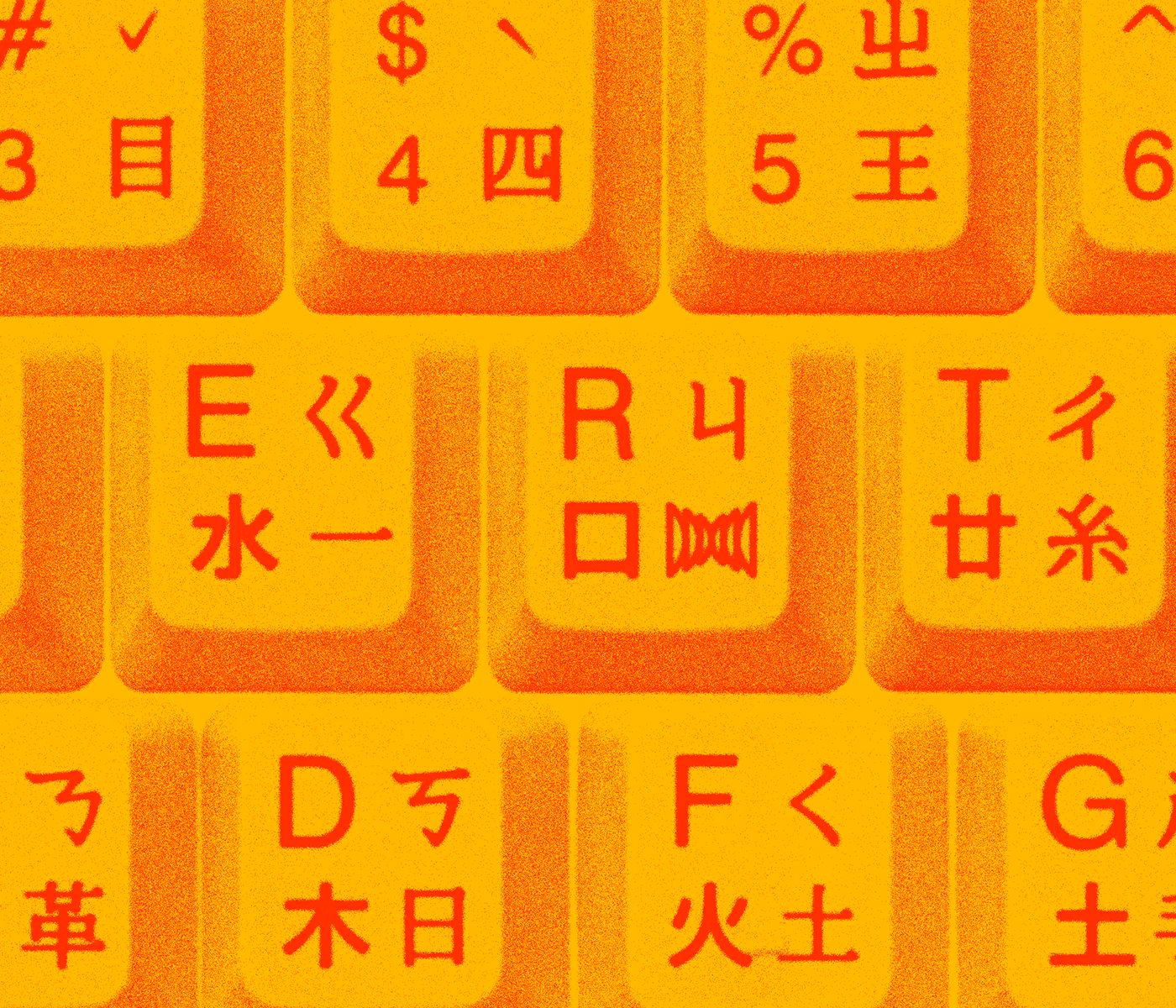
Deep Dive
Shownotes Transcript
When we think of China today, we think of a technological superpower. From Huawei and 5G to TikTok and viral social media, China is stride for stride with the United States in the world of computing. However, China’s technological renaissance almost didn’t happen. And for one very basic reason: The Chinese language, with its 70,000 plus characters, couldn’t fit on a keyboard.
Today, we tell the story of Professor Wang Yongmin, a hard headed computer programmer who solved this puzzle and laid the foundation for the China we know today.
Episode CreditsReported by - Simon AdlerProduced by - Simon AdlerTHE DETAILS TO SIMON ADLER’S LIVESHOW!For People in ChicagoSimon will be performing at the Chicago at the Frank Lloyd Wright Unity Temple on Saturday, September 30th) (https://zpr.io/jePmFHyKUqiM)).For People in BostonSimon performs at the WBUR City Space on Friday, December 8th) (https://zpr.io/jePmFHyKUqiM))*. *
*Our newsletter comes out every Wednesday. It includes short essays, recommendations, and details about other ways to interact with the show. Sign up) (https://radiolab.org/newsletter)!**Radiolab is supported by listeners like you. Support Radiolab by becoming a member of The Lab) (https://members.radiolab.org/) today.**Follow our show on Instagram), Twitter) and Facebook) @radiolab, and share your thoughts with us by emailing *[email protected])
)Leadership support for Radiolab’s science programming is provided by the Gordon and Betty Moore Foundation, Science Sandbox, a Simons Foundation Initiative, and the John Templeton Foundation. Foundational support for Radiolab was provided by the Alfred P. Sloan Foundation.
